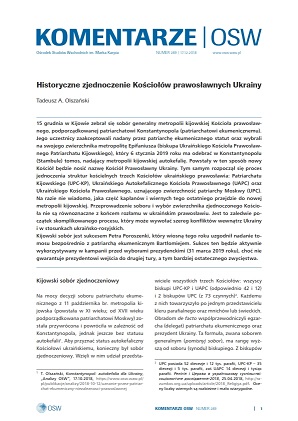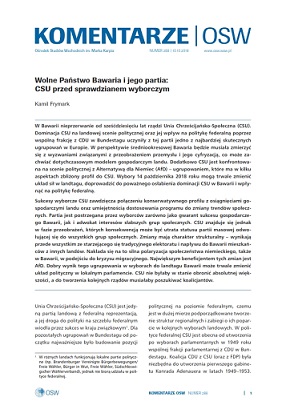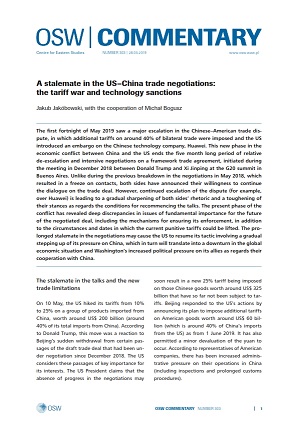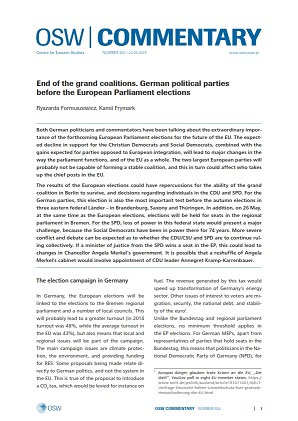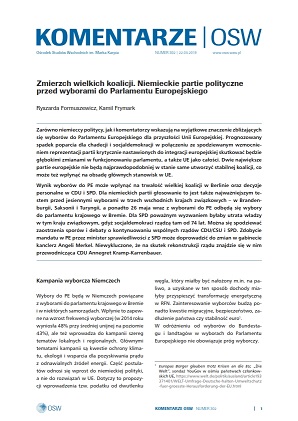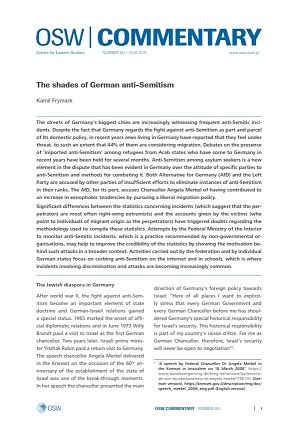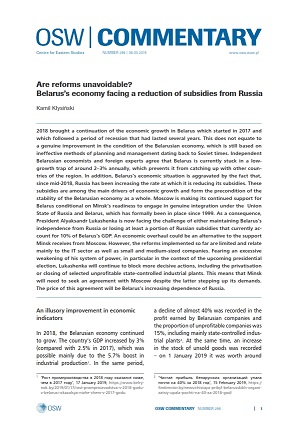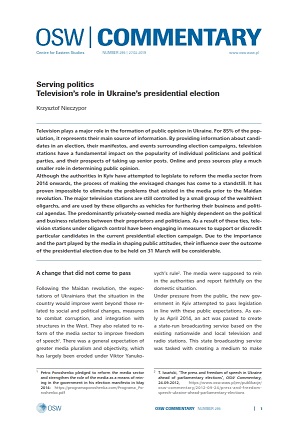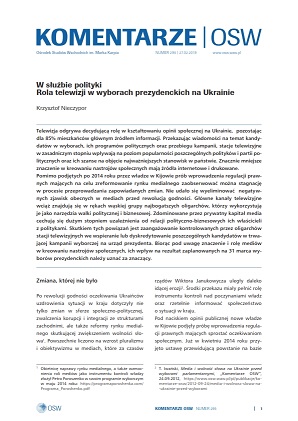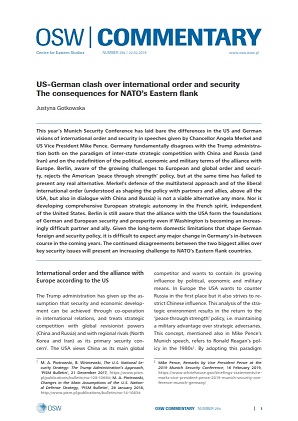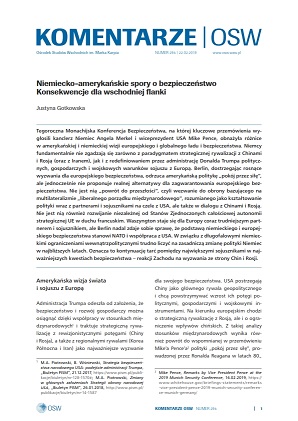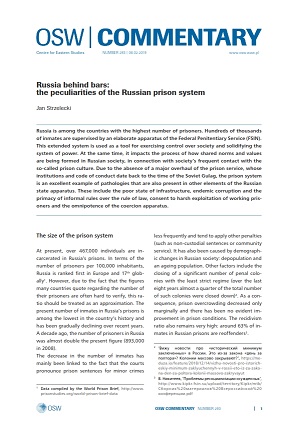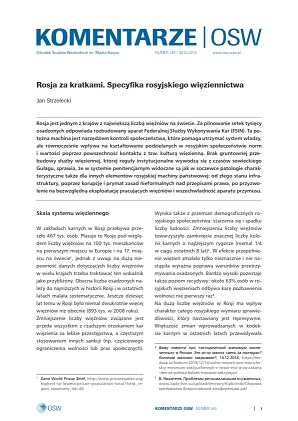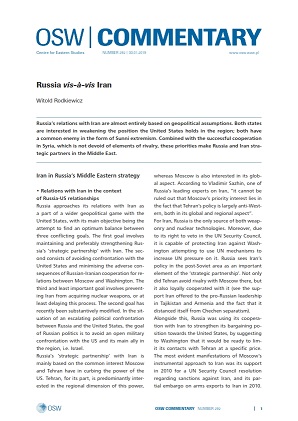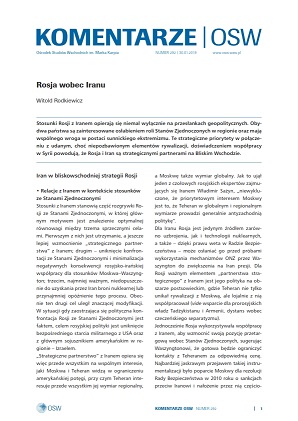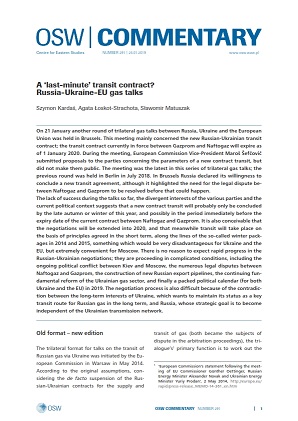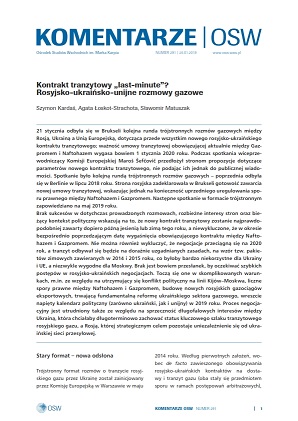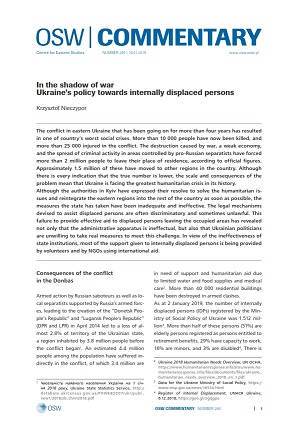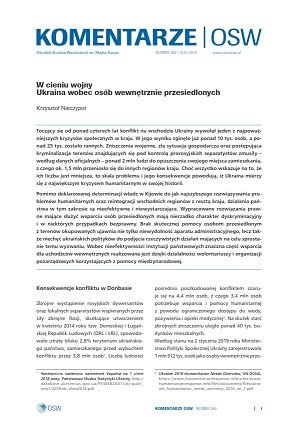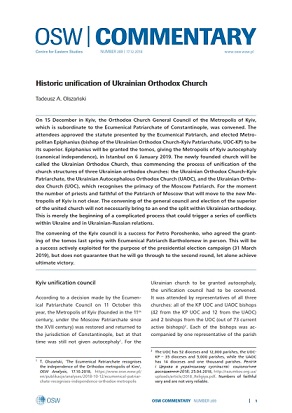
Historic unification of Ukrainian Orthodox Church
Historic unification of Ukrainian Orthodox Church
Keywords: Ukrainian Orthodox Church; newly founded church; unification of church structures; election of superior; conflicts within Ukraine;Ukrainian-Russian relations;
On 15 December in Kyiv, the Orthodox Church General Council of the Metropolis of Kyiv, which is subordinate to the Ecumenical Patriarchate of Constantinople, was convened. The attendees approved the statute presented by the Ecumenical Patriarch, and elected Metropolitan Epiphanius (bishop of the Ukrainian Orthodox Church-Kyiv Patriarchate, UOC-KP) to be its superior. Epiphanius will be granted the tomos, giving the Metropolis of Kyiv autocephaly (canonical independence), in Istanbul on 6 January 2019. The newly founded church will be called the Ukrainian Orthodox Church, thus commencing the process of unification of the church structures of three Ukrainian orthodox churches: the Ukrainian Orthodox Church-Kyiv Patriarchate, the Ukrainian Autocephalous Orthodox Church (UAOC), and the Ukrainian Orthodox Church (UOC), which recognises the primacy of the Moscow Patriarch. For the moment the number of priests and faithful of the Patriarch of Moscow that will move to the new Metropolis of Kyiv is not clear. The convening of the general council and election of the superior of the united church will not necessarily bring to an end the split within Ukrainian orthodoxy. This is merely the beginning of a complicated process that could trigger a series of conflicts within Ukraine and in Ukrainian-Russian relations. The convening of the Kyiv council is a success for Petro Poroshenko, who agreed the granting of the tomos last spring with Ecumenical Patriarch Bartholomew in person. This will be a success actively exploited for the purpose of the presidential election campaign (31 March 2019), but does not guarantee that he will go through to the second round, let alone achieve ultimate victory.
More...
